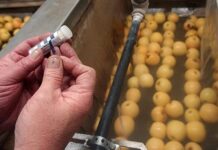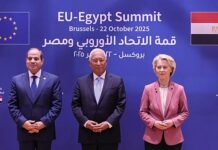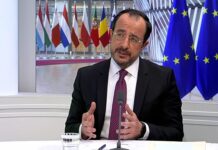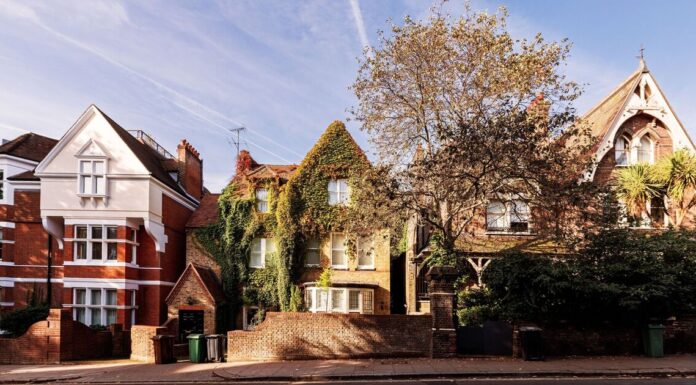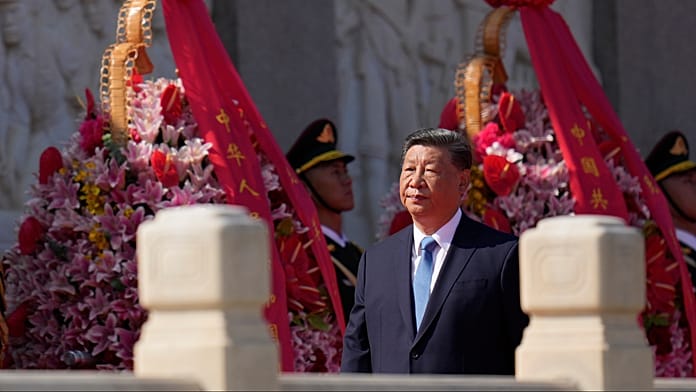
European Union countries are mulling how to respond to China’s sweeping restrictions on rare earths, a decision that has reignited a high-stakes commercial confrontation that Brussels had hoped to resolve at a summit in July.
The issue is poised to come up during a summit of leaders on Thursday, even if no specific item is foreseen on the agenda.
“It’s an important topic that leaders are aware of,” a senior EU official said.
During preparations for the summit, France raised the subject of rare earths and suggested wording be added to the conclusions, several diplomats told Euronews. Poland supported the French proposal, which failed to gain broad support.
The latest draft of the conclusion lacks an explicit mention of China. But that will not necessarily preclude a debate at the leaders’ level.
Germany is looking to bring up the subject of rare earths during the summit, according to one EU official. As the largest economy in the bloc, Germany could sway the talks and prompt other capitals to follow suit.
Berlin, however, has been accused of playing a double game when it comes to China, due to the deep ties that German companies have in the Asian country. Last year, Germany tried to block anti-subsidy tariffs on Chinese electric cars.
“German statements are one thing, but actions point to the contrary,” a diplomat said.
EU leaders are under pressure from their industries, which are being hindered by the new, strict export conditions imposed by Beijing early this month.
The move slapped back restrictionson seven minerals previously targeted and added five others to the list, covering nearly all 17 rare-earth elements.
Under the new rules, foreign companies will require Chinese approval before importing goods containing 0.1% or more of the designated rare earths.
Exports meant for the defence sector will be outright banned, and a case-by-case system will be introduced for cutting-edge technologies such as microchips and AI that can have dual-use implications. Additional constraints will apply to technologies related to rare-earth mining, smelting, recycling, and magnet-making.
“In the context of turmoil and frequent military conflicts in the world, China has taken note of the important uses of medium and heavy rare earths and related items in the military field,” the Chinese Commerce Ministry said to justify the action.
Trade sanctions
The curbs have enraged both sides of the Atlantic.
US President Donald Trump has threatened 155% tariffs on Chinese goods as retaliation, further escalating the US-China trade war.
Meanwhile, Commission President Ursula von der Leyen has promised “decisive and urgent” measures to strengthen economic security and diversify foreign suppliers.
“We cannot afford to fall into new and dangerous dependencies. In recent years, we have all witnessed what happens when a single country gains control over the supply of a critical product or technology,” von der Leyen said on Wednesday morning.
“In the coming days, I will also engage very closely with European leaders and international partners, as a crisis in the supply of critical raw materials is no longer a distant risk. It is on our doorstep.”
The renewed Chinese pressure has cast light on the bloc’s “Anti-Coercion Instrument”, which can be used to target goods, services, foreign direct investment, financial markets, public procurement, intellectual property and export controls.
It’s unclear whether EU leaders will discuss the tool itself on Thursday. Ambassadors did not address it in the preparations for the summit.
Triggering the “Anti-Coercion Instrument” requires the qualified majority of the 27 member states, a threshold that can be difficult to meet when divergences exist.
The close economic relations of some member states with China — whether through Beijing’s recent investments in the automotive sector on European soil or the presence of European companies in China — risk holding some countries back from going as far as activating this instrument, which is considered a measure of last resort.
So far, Brussels hopes to engage with Beijing to cool down the temperature.
“Dialogue is the most suitable and most effective way to resolve this issue. We’re focused on that,” a Commission spokesperson said, refusing to speculate on whether the executive was looking at the issue through the lens of economic coercion.
European Commissioner for Trade Maroš Šefčovič is scheduled to meet his Chinese counterpart Wang Wentao next week in Brussels. In parallel, Šefčovič is in touch with G7 allies to fine-tune a collective response.



